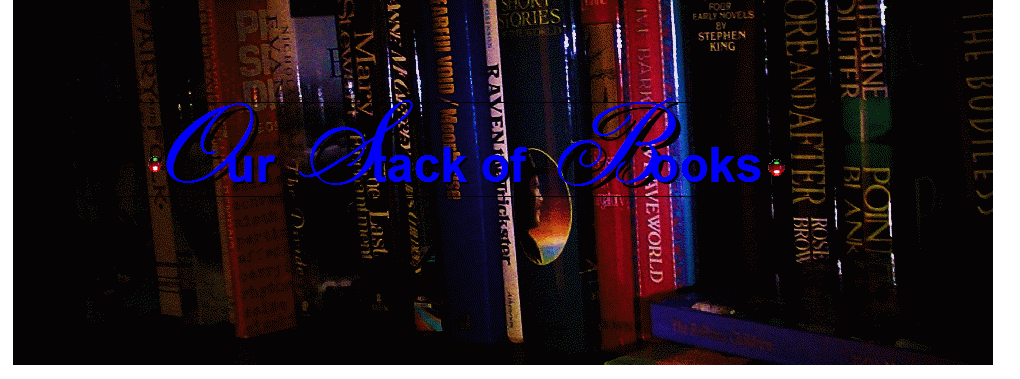Book Summary:
In the year AD 3000, Earth has been ruled by an alien race, the Psychlos, for a millennium. Humanity has been reduced to a few scattered tribes in isolated parts of the world while the Psychlos strip the planet of its mineral wealth. Jonnie Goodboy Tyler, a young member of one such tribe, lives in the shadow of the Rocky Mountains. Depressed over the death and disease affecting his tribe, he leaves his village to explore the lowlands and to disprove the superstitions long held by his people involving ancient gods and monsters. However, he is captured in the ruins of Denver by Terl, the Psychlo chief of security. The Psychlos, hairy 9-foot (2.7 m) high, 1,000-pound sociopaths, originate from a planet with an atmosphere very different from that of Earth. Their home world is in fact located in a different universe, and follows slightly different physical laws, with a slightly different table of elements. As a result, some interactions between the two worlds are problematic. Their "breathe-gas" explodes on contact with even trace amounts of radioactive metals, such as uranium. Terl, a Psychlo, had been assigned to Earth, and he eventually learns that his term has been extended with no word of relief. Fearful at the thought of spending several more years on Earth, he decides to con his way off the planet and return home a wealthy Psychlo. Terl has discovered a lode of gold up in the Rocky Mountains that he wants to get his hands on "off the company books". Unfortunately it is surrounded by Uranium deposits that make Psychlo mining impossible. Terl captures Jonnie while searching for "man-animals" that he can train to mine the gold for him.
After a time, Terl captures Jonnie's childhood friend Chrissie and her little sister and uses the threat of their deaths to ensure cooperation from Jonnie. Jonnie is afterwards free to move around the mining area. Shortly thereafter, Terl and Jonnie travel to Scotland and recruit 83 Scottish youth, old women, a doctor, and a historian to help with the mining. Jonnie, however, has different plans. Because Terl does not understand English, Jonnie is able to convince the Scots to help him overthrow the Psychlo rule on Earth.
During the next months, Jonnie and the Scots try to mine the gold as well as develop a means of defeating not only the Psychlos on Earth, but also nullifying the threat of counterattack from Psychlo (the Psychlos' home planet). During the semi-annual teleportation of personnel, goods, and coffins (all dead Psychlos are shipped home for burial) back to Psychlo, Jonnie and the Scots manage to pack several of the coffins with "dirty nukes" and "planet busters" in hopes of destroying the Psychlos' home planet. After the teleportation firing, the humans use the Psychlos' own weapons against them and regain control of Earth.
This is, however, not the end of the story. Unsure as to whether the bombs sent even reached Psychlo and under the imminent threat of counterattack, Jonnie must now defend his newly-retaken planet against the predatory interests of several other interstellar races, including a race of intergalactic bankers seeking to repossess the Earth in lieu of unpaid debts, as well as a long time rival seeking to wrest control of Earth from him. In order to ensure the security and independence of humanity, he does something that no other race in 300,000 years has been able to do: uncover the secret of Psychlo mathematics and teleportation. *from Wikipedia*
About the Author:
Lafayette Ronald Hubbard, better known as L. Ron Hubbard, was the creator of Dianetics, and founder of the Church of Scientology. He was also an American author in numerous pulp fiction genres as well as a prolific writer of non-fiction works.
Hubbard was a highly controversial public figure during his lifetime. Many details of his life remain disputed, with official and unofficial biographies depicting Hubbard in radically different ways. Official Scientology biographies present him in hagiographic terms as "larger than life, attracted to people, liked by people, dynamic, charismatic and immensely capable in two dozen fields. In contrast, unofficial biographies (some of which are by former Scientologists) paint a much less flattering picture which often contradicts official Church accounts. *from http://www.goodreads.com/author/show/33503.L_Ron_Hubbard*
Read more!



